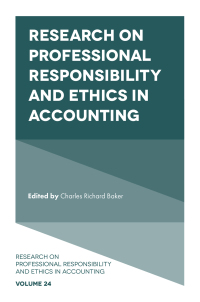Question
A canister type vacuum cleaner consists of the following components: The following components are repairable on failure: brush assembly ((t)=0.01), motor assembly ((t)=0.0078), and switch
A canister type vacuum cleaner consists of the following components: The following components are repairable on failure: brush assembly ((t)=0.01), motor assembly ((t)=0.0078), and switch and cord ((t)=0.0017). All other components are discarded and replaced on failure ((t)=0.05). All times are in operating hours.
(a) If the length of time required to repair the brush assembly is lognormal with s = 0.70 and MTTR = 1.5 hr, 90 percent of all repairs will be completed in what time?
(b) What is the system mean repair time if the motor assembly repair time is normal with a mean of 3 hr and a standard deviation of 0.5 hr, the MTTR for the switch and cord is 2 hr, and discard-and-replace repair time has a lognormal distribution with s = 1 and t_mcd= 0.5 hr?
(c) The motor assembly is a candidate for being discarded rather than repaired. It has a unit cost of $43, and the cost of repair is $35 MTTR, while the cost to replace it is $35 mean replacement time. The fixed costs are assumed to be negligible. Ten percent of all motor assemblies must be condemned. Should the motor be discarded or repaired? At what unit cost of the motor is it cheaper to discard?
(d) If the brush assembly deteriorates according to the intensity function (t)=0.00001(2.5) t^1.5, has a unit cost of $72, and has a failure (repair) cost of $52.50 ($35 1.5 hr), when is it economical to replace it?
Step by Step Solution
There are 3 Steps involved in it
Step: 1

Get Instant Access to Expert-Tailored Solutions
See step-by-step solutions with expert insights and AI powered tools for academic success
Step: 2

Step: 3

Ace Your Homework with AI
Get the answers you need in no time with our AI-driven, step-by-step assistance
Get Started


